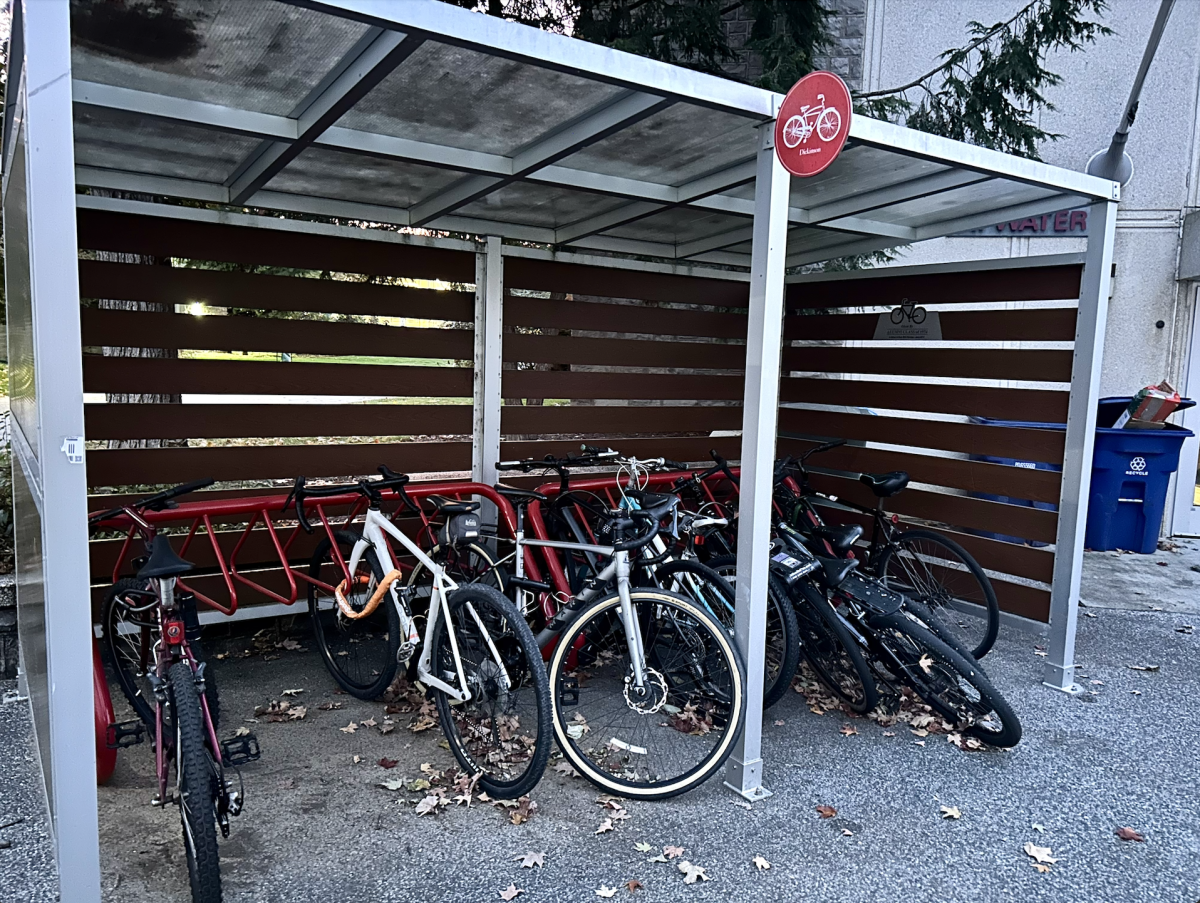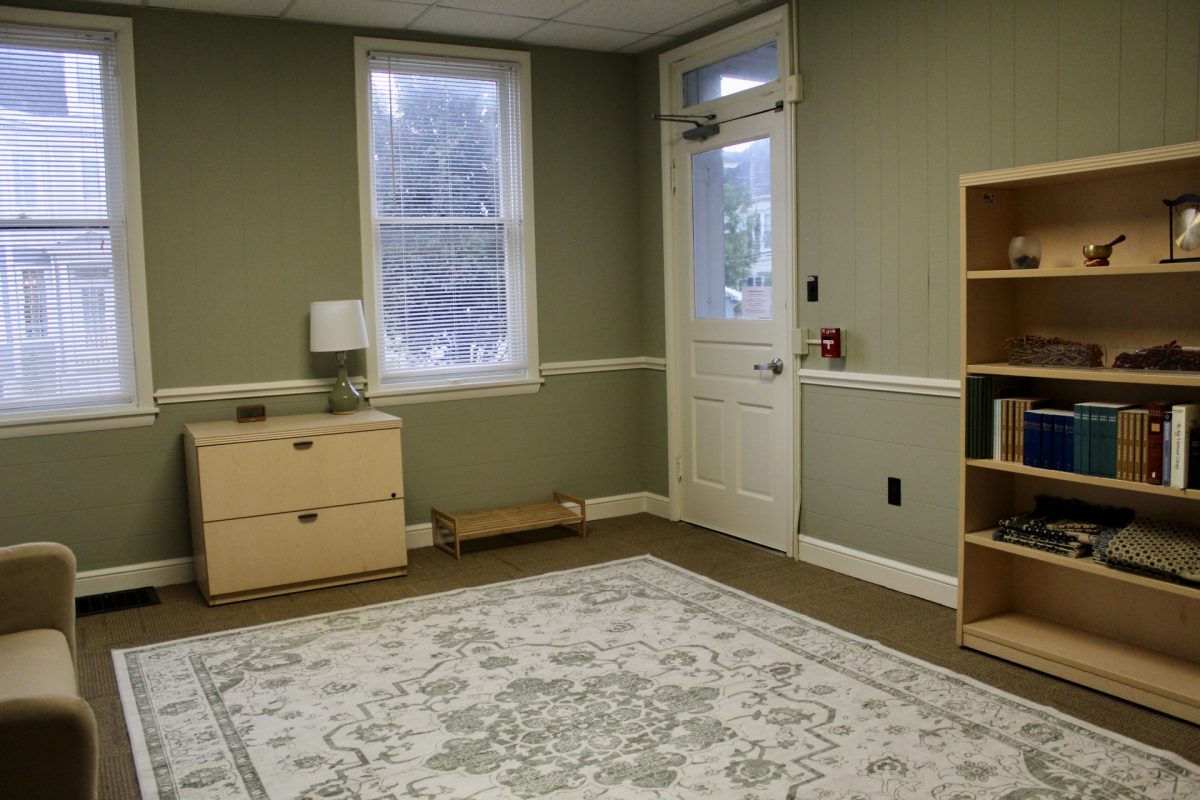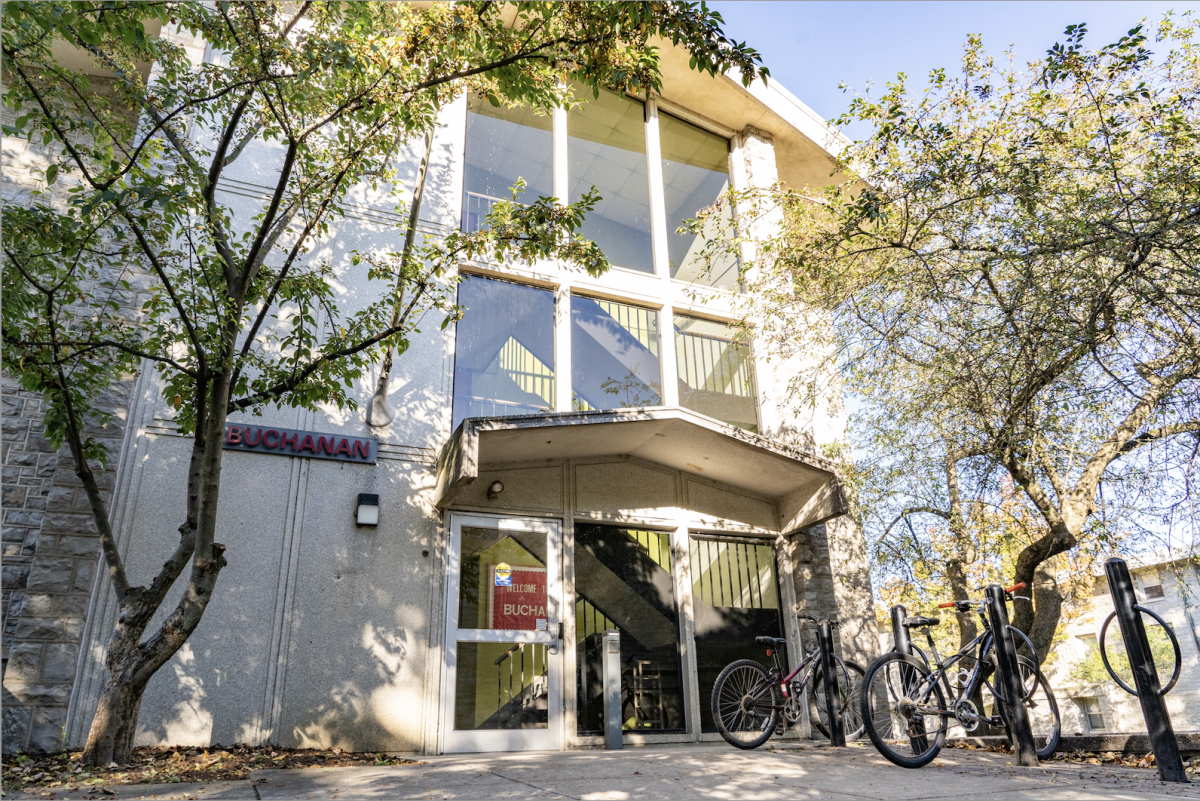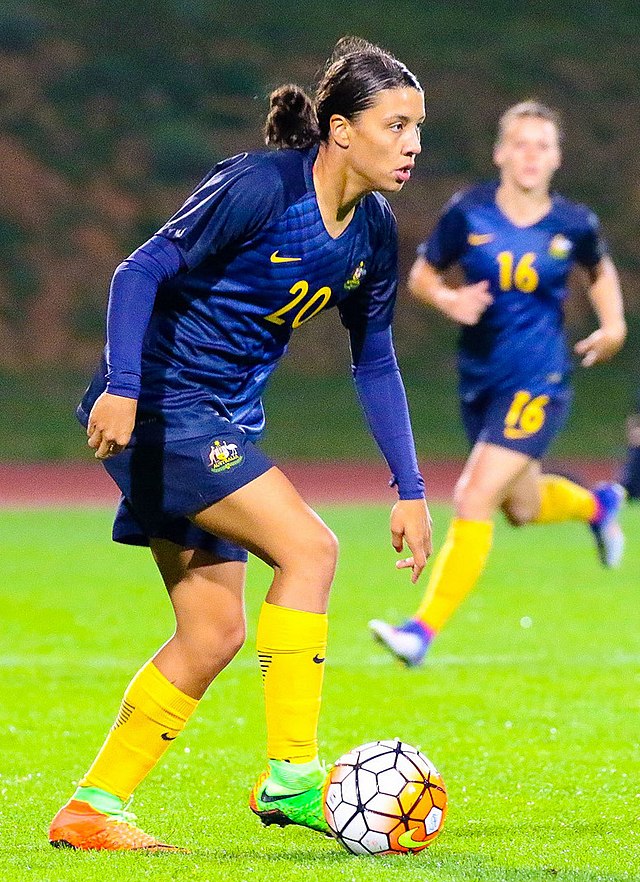Dickinson made history this summer by hiring their first female athletic director, Celine Cunningham. One of her first moves was hiring Dickinson Athletics’ first full-time Strength and Conditioning Coach, Coach Mike Myers. This new addition came as an exciting shock to student athletes from all teams, many of which have been upping their game by adding to their weight room routines.
Dickinson has hired part-time strength coaches in the past, but Myers is the first full-time Conditioning Coach in the school’s history. After earning his bachelor’s degree in kinesiology from Penn State University and a master’s degree in Exercise Science from University of South Florida, Myers continued his impressive background with a career in strength training for Major League Baseball teams such as the Houston Astros and the Miami Marlins. Myers is now bringing his expertise in athletic performance training onto a much larger demographic. Myers had previously only worked with a single team at once in the past. He is now working with over 20 teams, each with vastly different training needs and desires.
On his transition from the MLB to Dickinson, he said, “Since starting at Dickinson, each day puts me in a position where I am able to coach over 200 athletes per day. The welcome that I have received and the response from athletes and coaches has been truly rewarding.”
Though moving from the MLB to Division Three collegiate sports might seem like a lesser burden for a trainer, this step in Myers’ career offers a whole new perspective and array of opportunities. These college athletes generally require more guidance or direction, as well as more uniquely tailored coaching. It is a much different role than one for a professional team. Professional athletes have such strong routines and usually are relatively knowledgeable about how to best work their bodies. Student athletes do not have the luxury of taking time to cultivate their perfect workout. Thus leading to Myers to do a lot more coaching and teaching. He has the ability to play such a pivotal role in these students’ routines and fitness journeys. To do this, Myers is working daily with Dickinson’s coaches and team members to craft sport-specific training.
Myers says, “The framework of strength and conditioning principles remains consistent, but the way I deliver the content as a coach must change based on the individual and team culture.” It is important to note that many of these student athletes are coming into their athletics programs with different knowledge levels and preconceived notions of what their training should or could look like. Myers hopes to empower his athletes by building their expertise in training techniques as he spends more time with all of the Dickinson Athletics teams.
Not only do the necessary exercises vary based on sport, but so does the culture, energy, functional environment and leadership structure. From the background music to the inside jokes and communication techniques, it is certainly no easy feat to nail the little things a team needs to meet their optimal performance level. Some teams work better in a quiet, focused environment, while others may need loud music and motivational phrases to push themselves. Myers is aware of this and has been focusing on making changes that fit each programs’ necessities as he learns what environment is the most beneficial. Making every minute of these athletes’ training count is vital to helping them grow as athletes and establish healthy workout routines.









